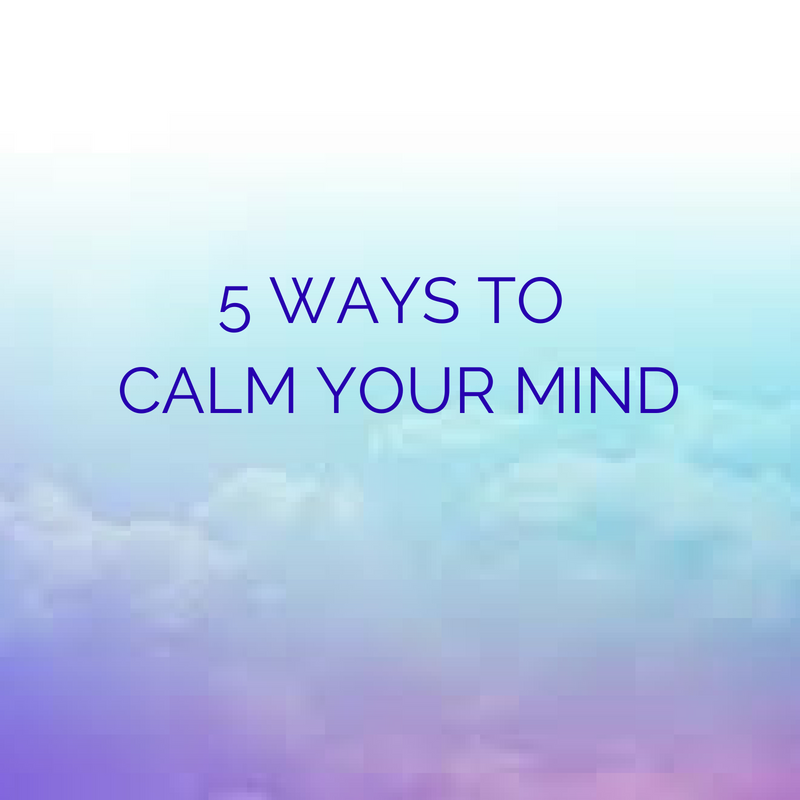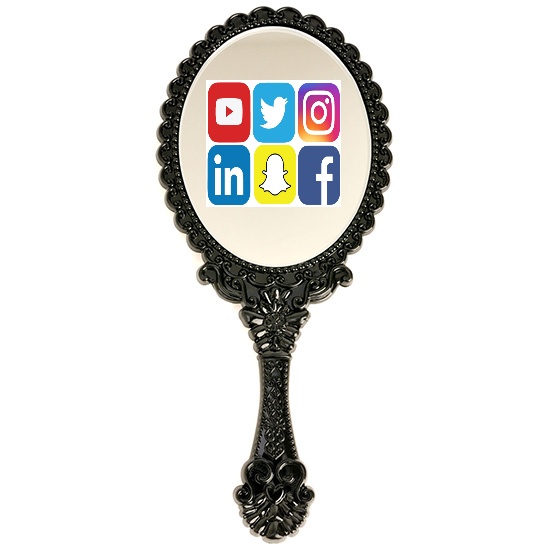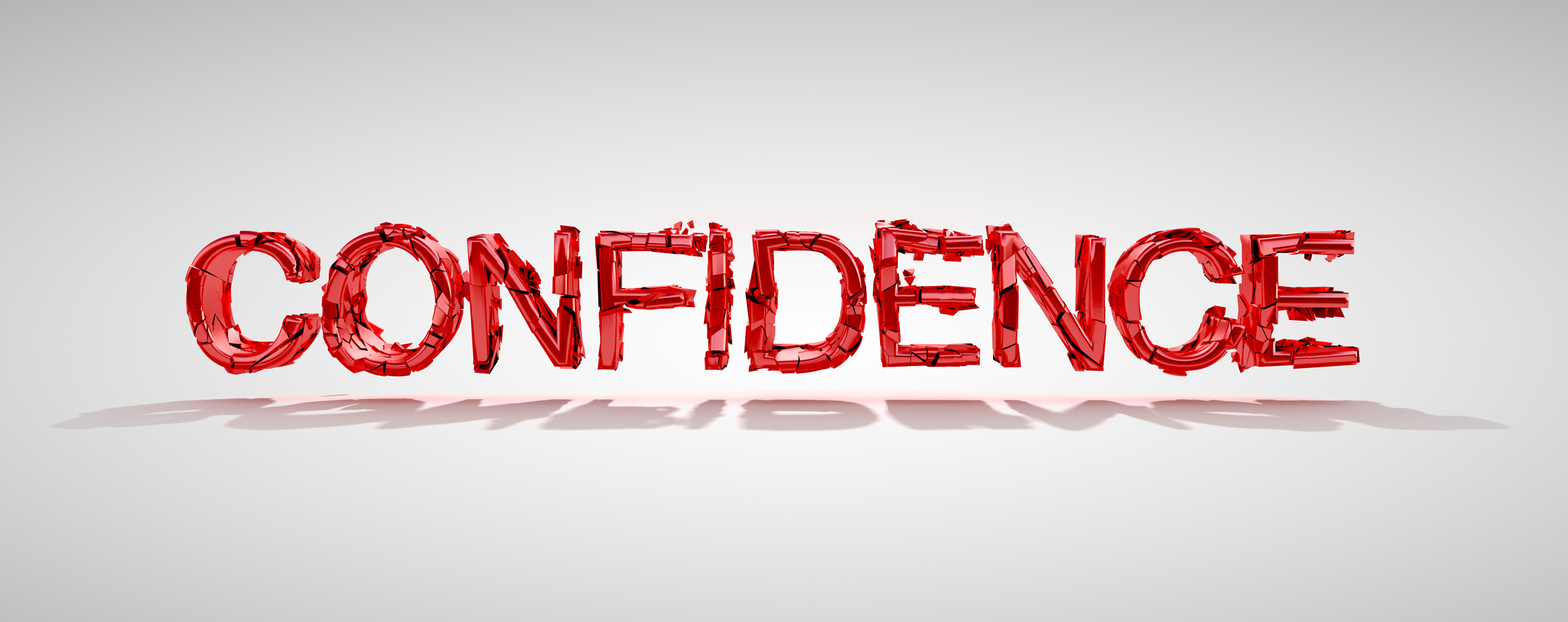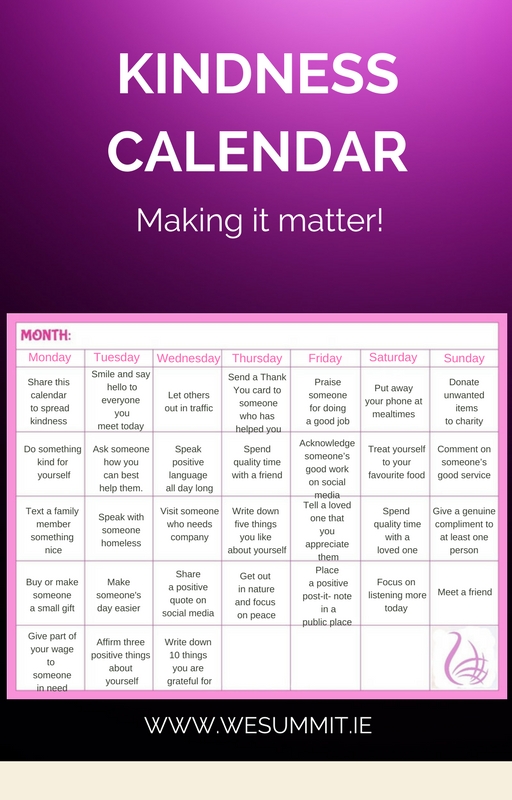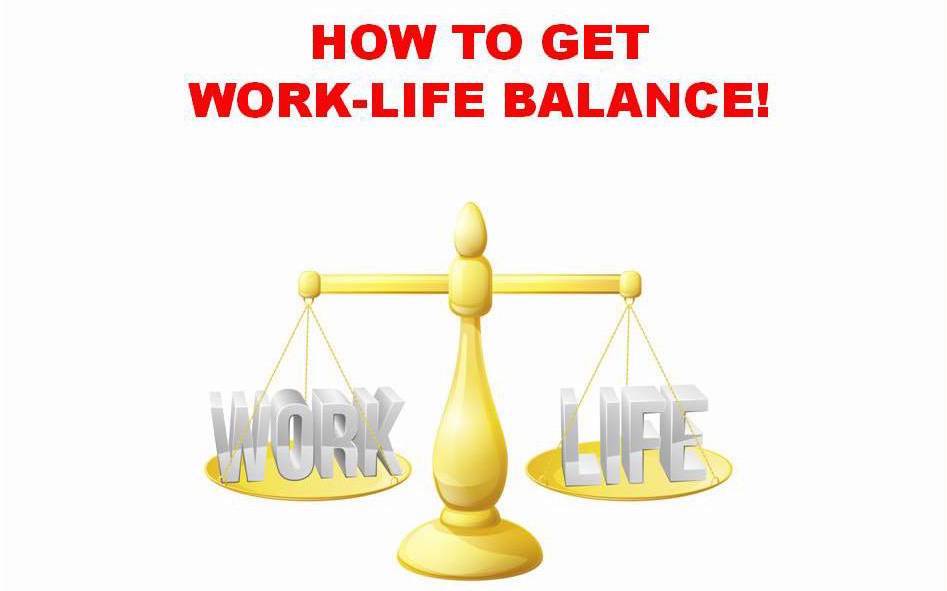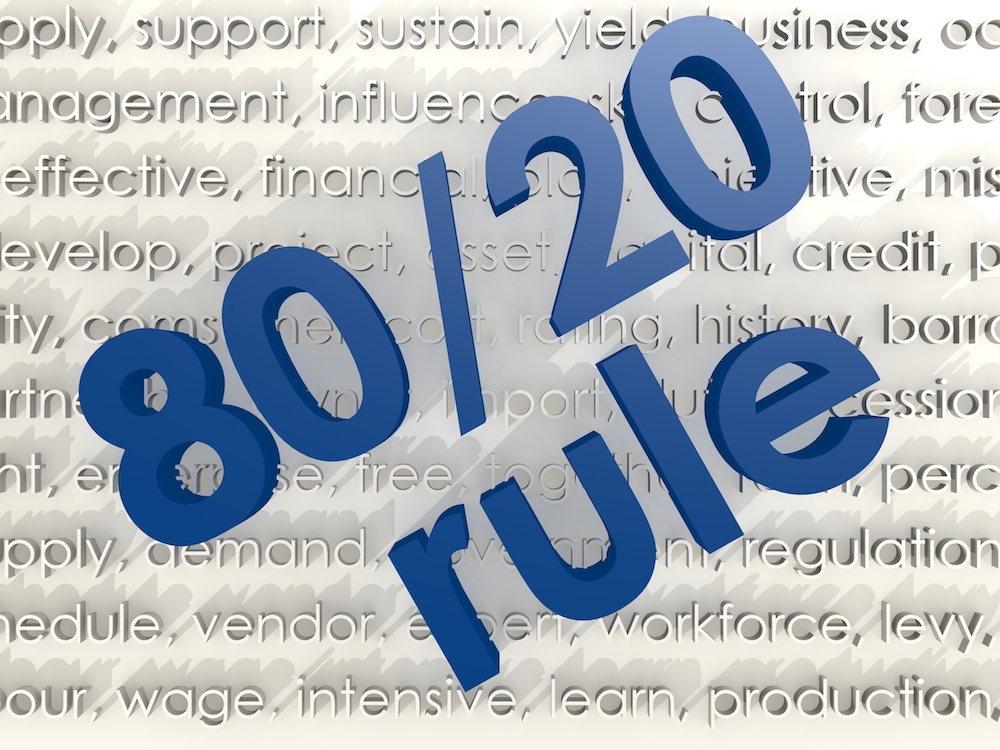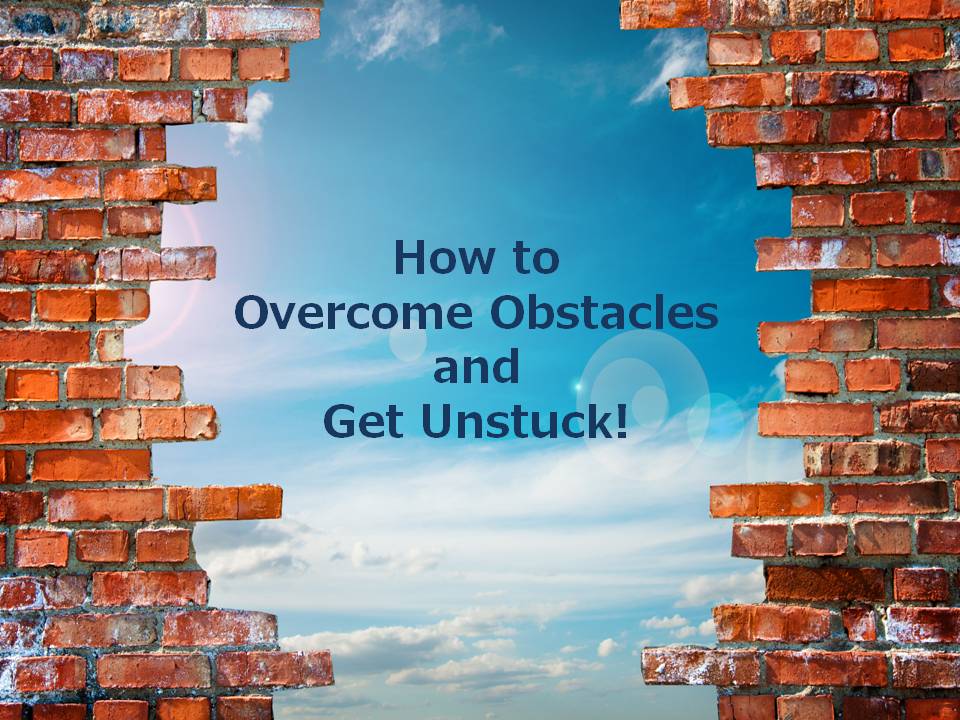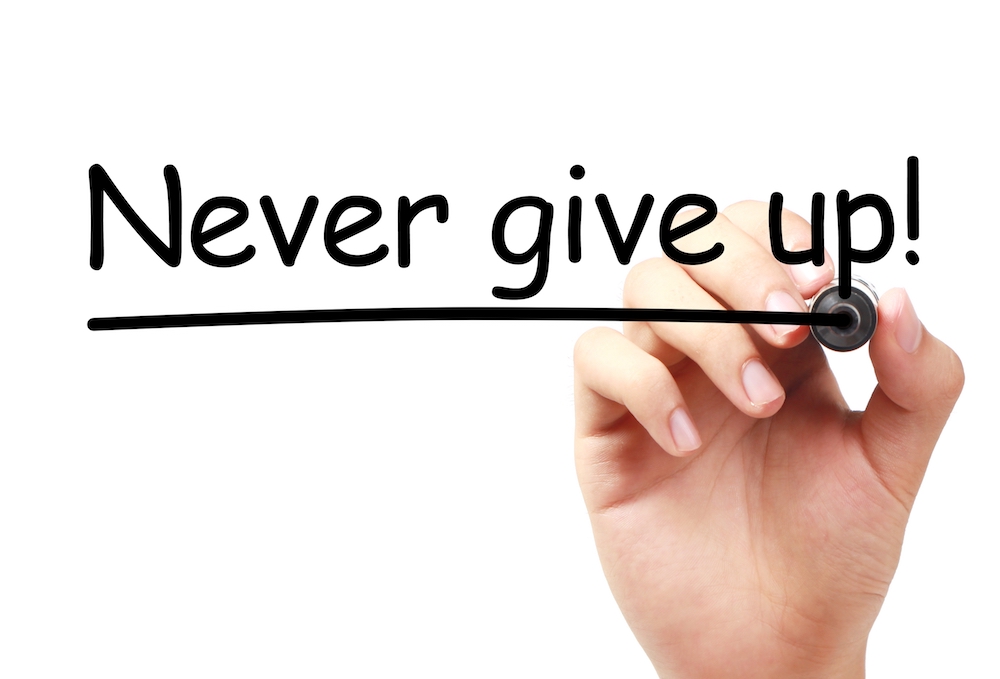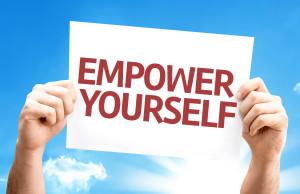5 Ways to Feel Good Enough
All of us at some point in our lives have felt inadequate, and is it any wonder, considering the standards we place upon ourselves? It’s such a shame because it’s so unnatural to feel inadequate. I know that’s a bold statement to make but it’s true. Think about it, when a baby is born do they lack confidence in themselves or in their self-worth? Have you ever met a “worrier” baby or “negative” baby? Of course not! In fact, babies love themselves and value their worth so much that they cry if you don’t give them what they need and deserve. What happened to that baby? What happened to you? Conditioning, that’s what!
When we come into this world we are happy, curious, excited little people. We didn’t doubt our abilities and we didn’t compare ourselves to others. We just said, “I want” and went for it. When we learned to walk or talk, we didn’t think “I wonder should I do this because I might fail?” We just went for it and practiced it over and over. It was only when people started to comment on it that things began to change. People either celebrated our “successes” or frowned upon our perceived “failures”, depending on what they believed failure and success to be.
Over time we learned that we were being watched by those around us and that people made judgments on us. Of course, this was very unlikely to be intended but nonetheless we all experienced that judgment. Family, friends, school and society - they all had an impact in one way or another, but it is up to us to take those judgements on as opinions or as facts. The challenge is babies and young children rarely question what they are being told. They simply hear and accept. Therefore, children might believe in Santa Clause and the Tooth Fairy. It’s not that they are true, it’s that they are said to be true and they believe it.
And so, it is for our beliefs about perfection and adequacy. We have, whether we like it or not, been given a psychological blueprint for what good enough means and because we didn’t stop to analyse it before we accepted it, we took it on as a given truth. The result was not seeing the truth about who you really are! The FACT is you are a unique human being that has so much to offer. Nobody is the same as you, even if you are an identical twin, so stop comparing yourself to others. Tap into the fact that you are a wonderful unique human being. Can you imagine how great you will feel and what amazing things you can make happen when you believe that fact!
Here are five tips to help you:
Define Specifically what Good Enough means to you.
Write down specifically what good enough means, as you have been led to believe it to mean. List everything and be honest. How should you look? How should you talk? How should you behave? What is okay for you to have or achieve and what is not? Write it all down so you have your blueprint in black and white in front of you. Only when you have done that, re-read it but this time ask yourself if it makes sense. This interrupts your usual hear-and-accept routine.
Say It
This time I want you to take that blueprint and imagine reading it to a five-year-old child. If you have a photo of you as five, even better. Take the blue print you wrote above and read it (aloud if possible) to that child. Tell them they must believe it for the rest of their lives but importantly quickly step in and interrupt that negativity as the older person you are now. Tell yourself how amazing you really are! Treat yourself kindly!
Snap!
I found this exercise very useful and you might like to try it. Get an elastic band and put it on your least dominant wrist. If you are right handed this would be your left wrist. If you say one negative thing to yourself, about yourself or about another person, pull the band back and let it snap against your wrist. Then replace that negativity with something positive. For example, if you say “I can’t do this. I’m not good enough”, snap the band and then replace with something like “I can do anything I put my mind to and with enough practice or help, I will get a result.” This can further interrupt your old negative thinking. Do this for 48 hours and watch what happens.
Write YOU
Take 5 minutes and close your eyes. Quieten your mind and simply ask yourself “If I took away all the old negative patterns and comparisons that I learned up to this point, who would I be?” Remember how amazing you really are. Remember how curious and excited you once were and can still be. Play with it. What would you do, if you knew you could not “fail”? What would you let yourself try, learn or go after? Ask your brain good questions and it finds good answers. It may find them straight away or a little later, but it will go on a search for them.
Affirm I AM statements
After you do the above exercise, get a piece of paper and write down ten things you like about yourself. This may not be as easy as you think, not because you aren’t fabulous, but because you got used to self-criticism. So, stick with it until you have ten I AM statements.
For example,
I AM kind
I AM honest
I AM funny
Write your I am statements and read them every day. You are a unique human being and you ARE good enough!
If you would like to be around people who will support you in becoming the best YOU, go to http://wesummit.ie now to learn more about our next event.


